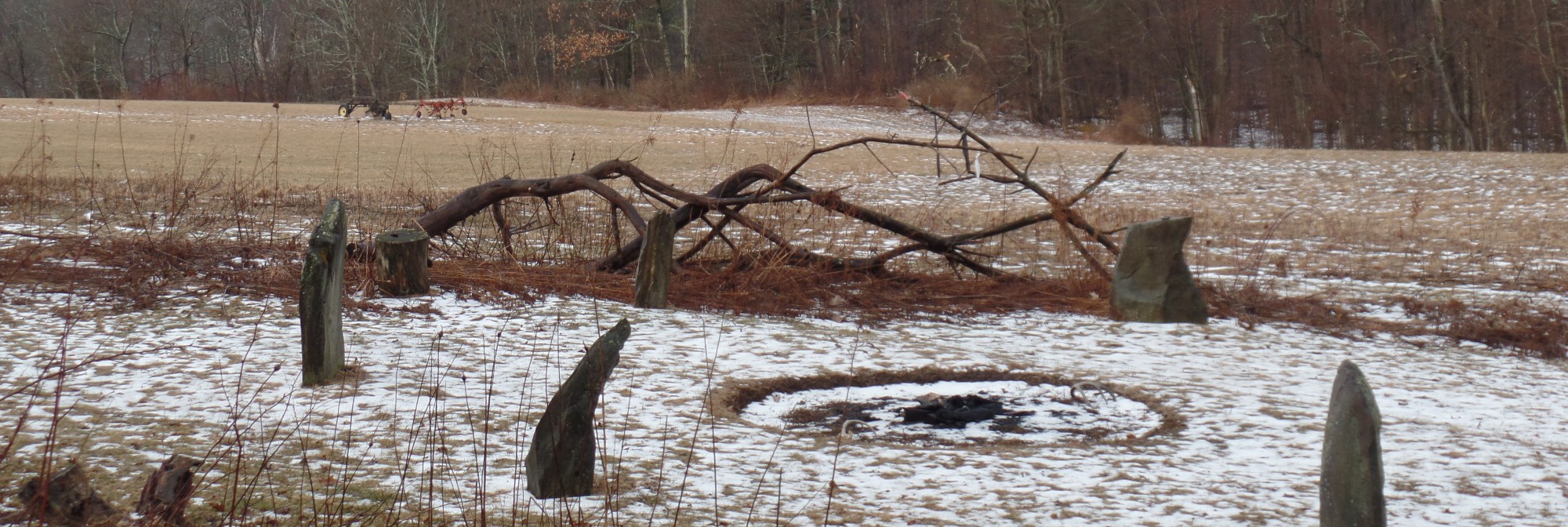Shoot before you get shot
Fly the coop and don’t be late
Make a beeline for the finish line
Duck the clothesline
Speed up at the stop sign
First the city went to the dogs
And then it went to the cats
Great cats prowling the streets
Crossed at the crosswalks
Merged with shadows on Broadway
Invisible to almost every eye that dared look
Shoot before you get shot
Fly the coop and don’t be late
Make a beeline for the finish line
Duck the clothesline
Speed up at the stop sign
Take the elevator to the seventh floor
With guns ready safety off
Enter the gallery
Pretend to look at art
Have a snotty thought
How does this improve the world?
Shoot before you get shot
Fly the coop and don’t be late
Make a beeline for the finish line
Duck the clothesline
Speed up at the stop sign
Say something to the man in the vest
Are you the artist?
No Are you?
Leave with him
Take the island ferry
Talk in the stern by the wake
Shoot before you get shot
Fly the coop and don’t be late
Make a beeline for the finish line
Duck the clothesline
Speed up at the stop sign
Talk about your life
Open your heart
Toss your cigarette into the turbulence
As if it were an old movie
Toss in your wallet too
Ask the man in the vest to show you his wings
Shoot before you get shot
Fly the coop and don’t be late
Make a beeline for the finish line
Duck the clothesline
Speed up at the stop sign
As the lights of the buildings wink on
And the whole city begins to vibrate
And swell with a myriad of tiny voices
And the boat has stopped
And begins to rise like a great white riverboat
Now leap back to the earth
Shoot before you get shot
Fly the coop and don’t be late
Make a beeline for the finish line
Duck the clothesline
Speed up at the stop sign
From the floating palace made of bones
Walk back to the city on the water of the bay
You don’t often get a chance
To walk on water filthy or not
But never doubt
Or the cats will pounce
Shoot before you get shot
Fly the coop and don’t be late
Make a beeline for the finish line
Duck the clothesline
Speed up at the stop sign
………..
Reflection:
I have a friend who had a big dream recently that was full of apocalyptic symbolism. In her dream there were catamounts prowling the city streets. It was very ominous because nobody could be sure where they were. They would appear and vanish just as they do in the forest. (They were even in the buildings.) Here in Vermont catamounts are supposed to be extinct but every once in a while there are sightings. A friend of mine and his wife saw one cross right in front of their car on a remote country road and I once saw a perfect footprint about the size of my palm in the silt of a drying up streambed when I was walking in the mountains off-trail and it was not a bear-print. The image of the great cats moving into the city also reminds me of the beginning of Shakespeare’s “Julius Caesar” when Casca reports to Cicero that he encountered a lion on his way to the capital, a strange portent in itself, but the strangest part was, the lion ignored him. This picture, of a preoccupied lion walking through the streets of Rome, has stayed with me for 40 years. It always felt eerily timely to me. Would any sane person deny that we are living in Apocalyptic times, now more than ever, with the president (our Caesar) lying a hospital bed with Covid? Like Caesar, he is tragically clueless and has been ignoring all the omens of a world that is hanging in the balance. He may not have a soothsayer, or a wise and prescient wife, but he consults the polls, (his oracle), and most polls are stacked against him.
One thing I want to point out is how fast the poem is moving right from the start. I want the reader to jump in and feel swept along, nervous and defensive, looking over their shoulder, distrustful of every shadow. I also want the poem be light-weight rather than oppressive or heavy-hitting. The chorus and stanzas are embedded with lines that are supposed to make us smile, such as “duck the clothesline” and “toss your wallet in too”.

